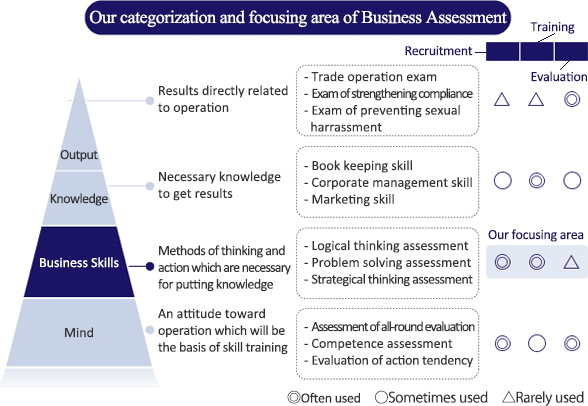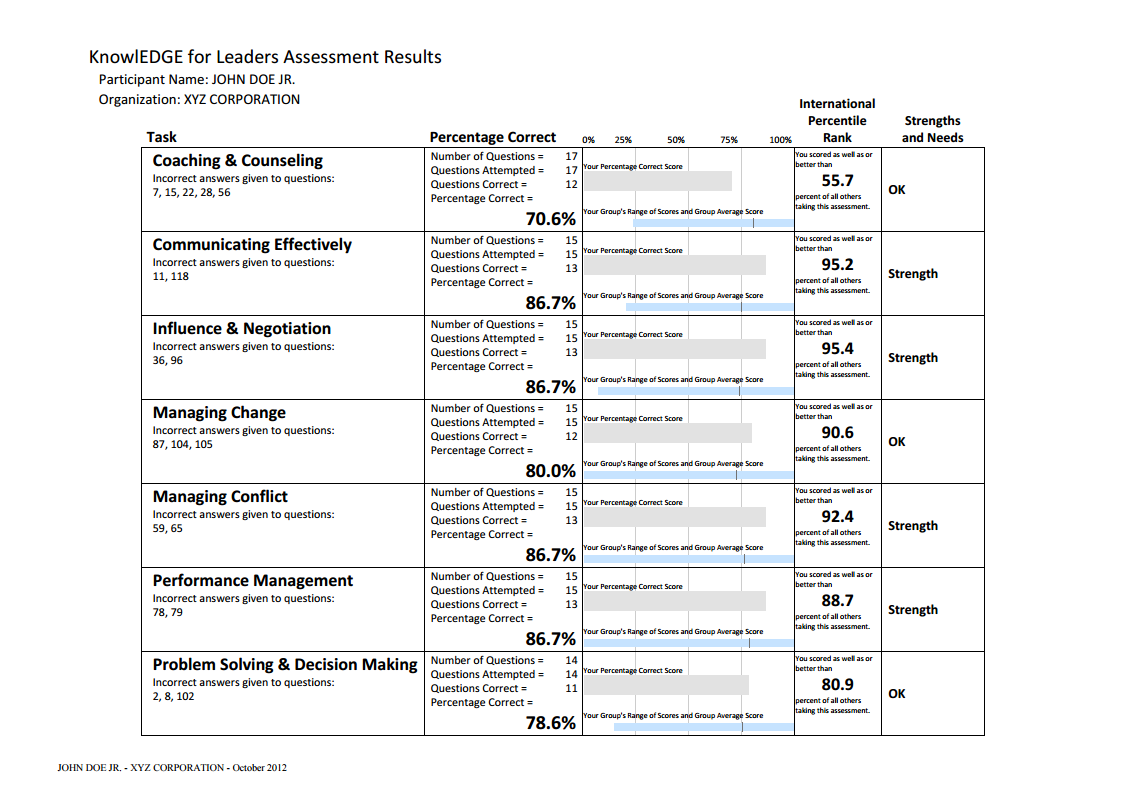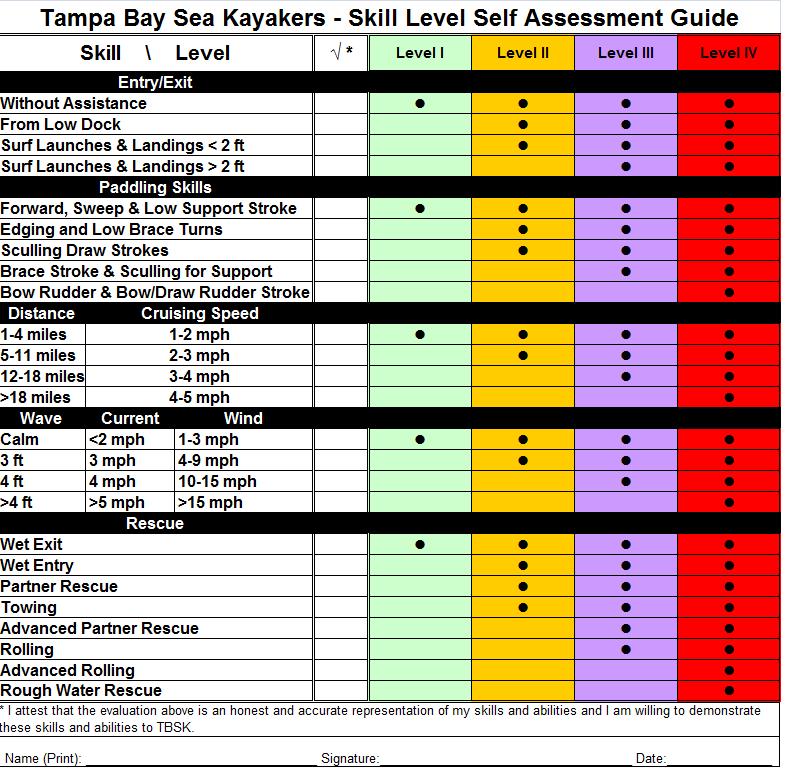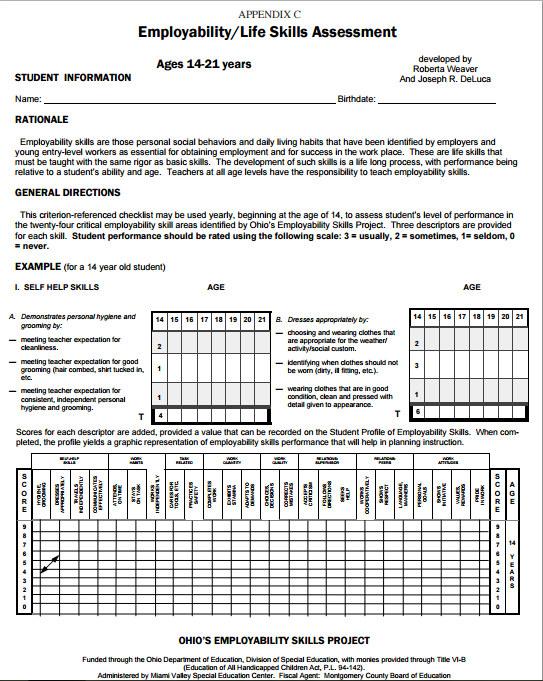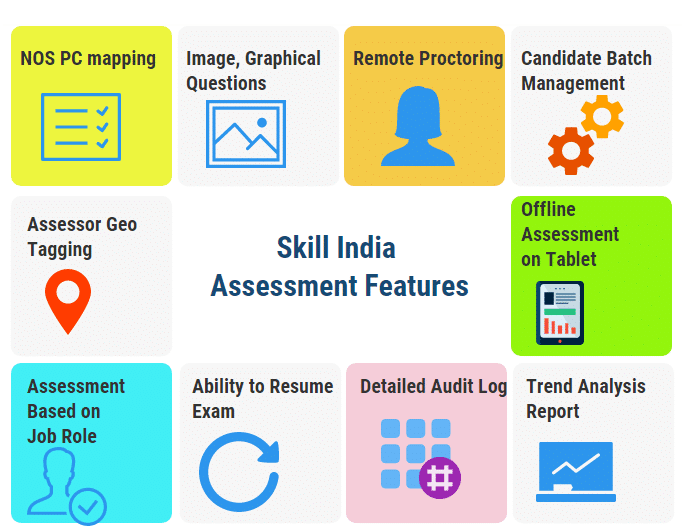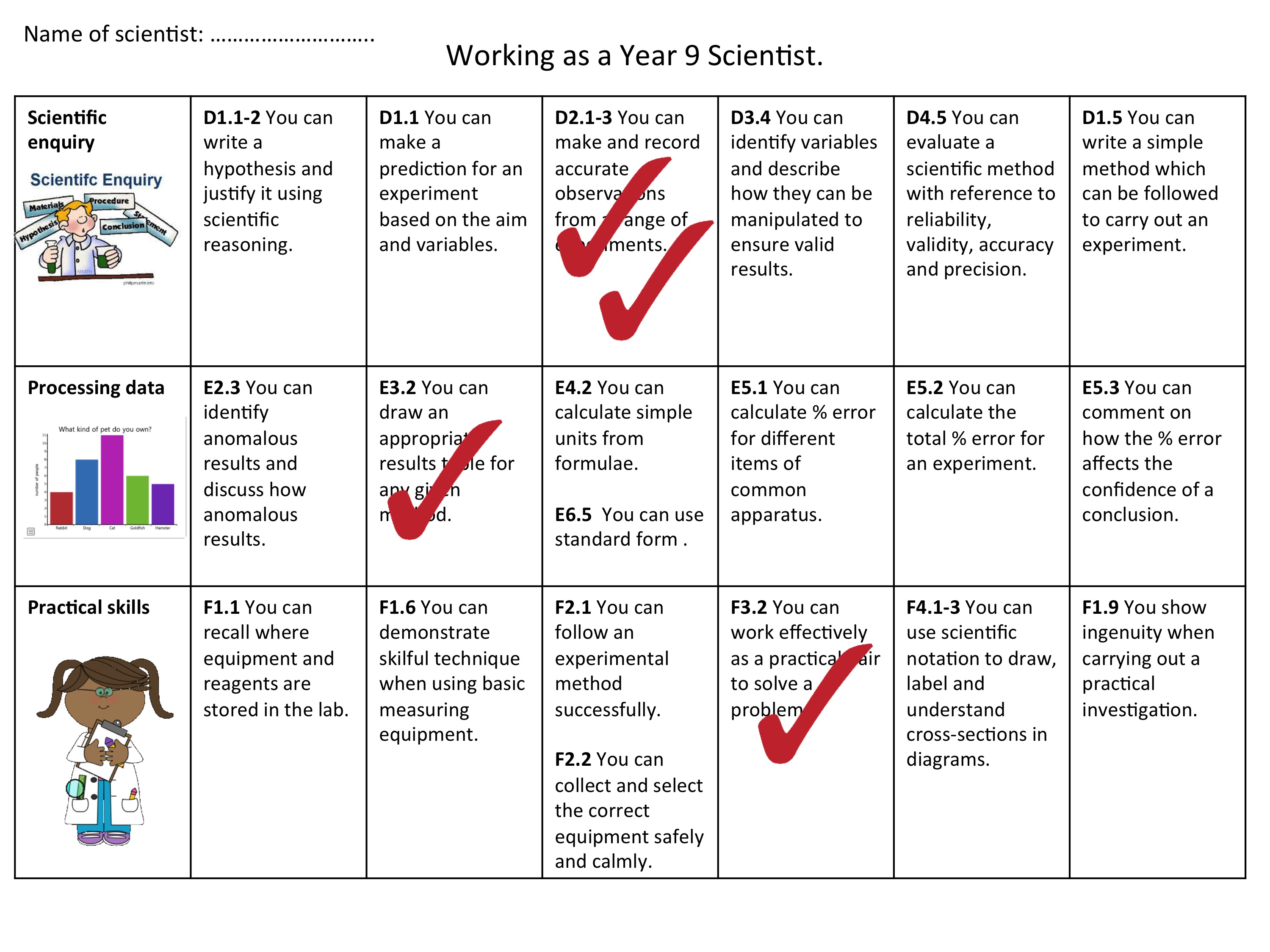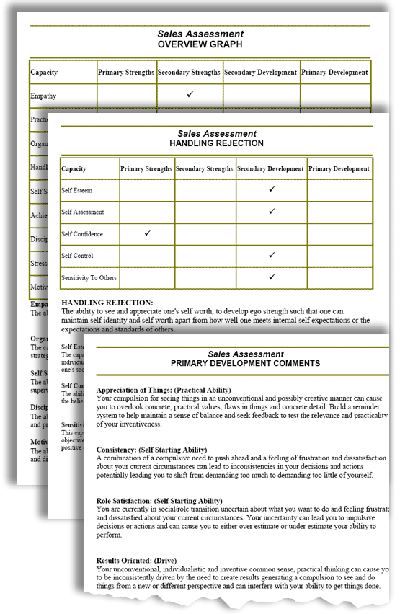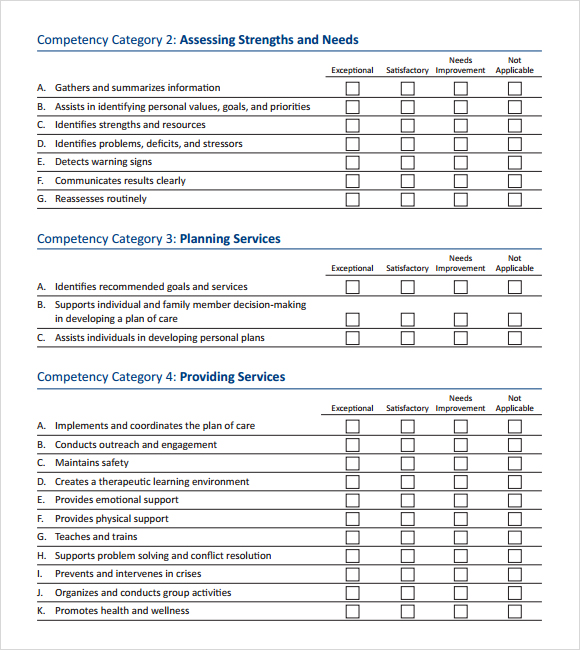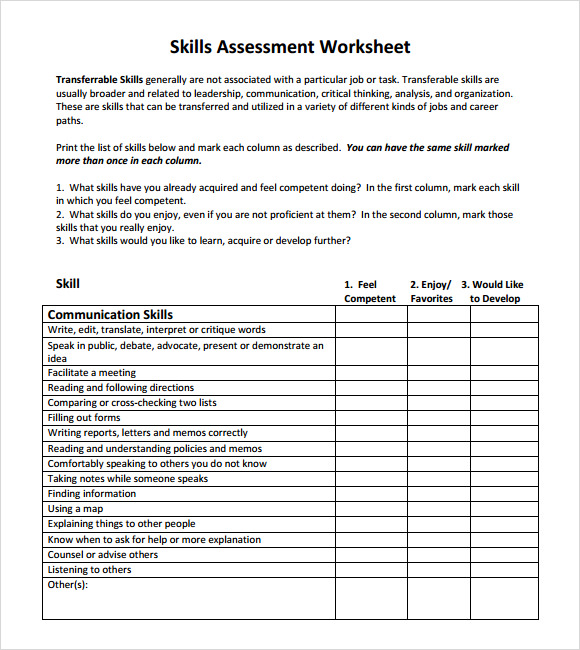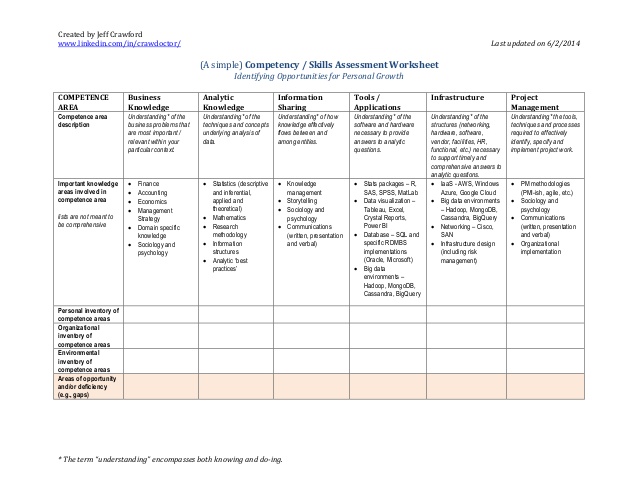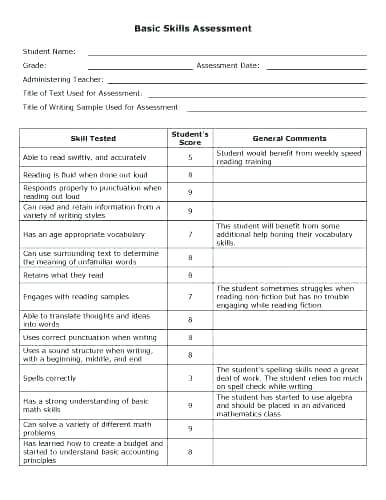10+ Skills Assessment Tips Examples to Download
The skills you have are a mirror of the things you love to do and the things you are innately good at. They can speak about the activities you invest much of your time on since, although you are born with the aptitude for something, you would still have to cultivate it. You may also see career assessment examples.
Which means hours and hours of practicing, and a lifetime of harnessing the skill to be able to perfect it. This is how skills are born—with enough training and experience.
Your skills also define your career. If you are good with numbers and equations, maybe you can be an accountant. If you have a certain skill in dealing with people, perhaps you can be a diplomat. You may also like assessment plan examples & samples.
The things we love to do often turn into the things we can do, which will define what we will do with our lives and with our careers. But there are some skills that are applicable to any job position. With these qualities, you can easily market yourself to employers. These skills include communication prowess, leadership abilities, even etiquette is now a major asset. You may also check out performance assessment examples.
However, in the corporate world, there are two types of skills a person needs to succeed.
Business Skills Assessment
Leadership Skills Assessment Results Example
Skill Assessment Guide
Two Types of Skills
Employers have a set of skills they look for in an applicant. Although they may have specifications, such as a college degree and related work experience, they are also looking for more intrinsic qualities such as attitude. Which is why it is important to at least have a little of both types of skills to make your general application far from being dismissed.
1. Hard Skills
Hard skills, or also known as technical skills, are those that have been taught to you in the classroom or in a job experience. They are the knowledge and abilities that are taught to you through education and training. These are the skills you would most likely write on your simple cover letter or on your resume.
Hard skills are quantifiable and are easy to recognize. You use hard skills to finish a certain task. They are also in relation to occupations or fields of expertise. Hard skills are those you see listed as a requirement for a certain job position. You may also see assessment questionnaire examples.
Examples of Hard Skills
- Knowledge of a foreign language
- A degree or a certificate on a certain field
- The ability to type quickly
- The ability to operate machines and equipment
- The ability to handle the complex aspects of a computer
- Building things
- The ability to paint a portrait or draw the skyline
- Writing computer codes
- Teaching
- Investigating the answer to a question
- Copywriting
- Knowledge of marketing strategies
- Doing and solving math
- The ability to use software programs
- Proficiency in the programming language
2. Soft Skills
Soft skills are much harder to quantify. They are also often subjective. They are usually recognized as a person’s interpersonal skills.
Employers look for this particular detail in applicants because they want to make sure that he has the ability to establish healthy relationships with his coworkers. Even if technical skills are important, soft skills are often the reason why an employer decides to keep or promote an employee. This emphasizes the importance of this skill set to a person’s career. You may also see assessment examples.
Soft skills are also taught at school. Remember your Values subject teacher blabbing on and on about the importance of compassion and camaraderie? Well, looks like she was right! Although we can learn soft skills at school, most of them are those that we learn in our everyday life. They can be the influence of how people treat us, or the experiences we’ve had. In any case, soft skills are often what defines us as a person. You may also like needs assessment examples.
Examples of Soft Skills
- The ability to communicate effectively with other people
- The ability to be adaptable
- The ability to lead
- The ability to motivate other people
- The strength to be patient
- The ability to persuade
- Problem solving ability
- The ability to manage time properly
- The ability to multitask
- The ability to work with a team
- Critical thinking
- The ability to learn quickly
- A positive attitude
- The ability to accept criticism and learn from it
- Self-confidence
Employability Skills Assessments
Skill India Assessment Features
When applying for a job, it is highly suggested that you emphasize both of your skill sets to your employer. This way, even if you lack a hard skill that the company is looking for, you can compensate for it with a soft skill that is considered valuable in the position you are applying for. So make sure to throw the detail in casually during your interview. You may also see nursing assessment examples.
Here are also other ways to make sure that your employer knows just how skilled you are:
1. Write about them in your resume.
But be discreet about it. You don’t want to oversell yourself to your employer because that would make you look desperate. Mentioning your skills in your resume shouldn’t sound like you’re bragging. It should only give your employer the impression that you are simply stating a fact. You may also like risk assessment questionnaire samples.
Avoid: “I am helpful and a great leader.”
Instead: “I do volunteer work for a charity and am entrusted with handling the other rookie volunteers.”
Avoid: “I am considered the best in my class.”
Instead: “I have received numerous awards and recognition for my performance at school.”
2. Write about it in your cover letter.
A cover letter is also a great market where you can display yourself for your employer to consider purchasing. It gives them the chance to survey your qualifications, your writing prowess, and your hard and soft skills. Which means that you should be eloquent about them as possible.
Avoid: “In the previous company I worked for, I always achieve twice my quota.”
Instead: “I make sure to do my best in the work I am entrusted with, and to perform more than is expected of me.”
Avoid: “I am very creative.”
Instead: “I have a deep fascination for creativity and imagination which, I hope, will be reflected in the quality of my work.”
3. Talk about it in your job interviews.
As aforementioned, technical skills are easier to quantify. Which means that it would be easier to tick them off with your fingers during an interview so that would not be a problem. However, soft skills are harder to identify, much less to prove, which means that it would be a challenge to tell your interviewer about the soft skills that you have without sounding like a pompous know-it-all. You might be interested in risk assessment examples.
To effectively relate your soft skills to your employer, relate it through stories or scenarios. For example, for you to be able to express just how kind and smart you are, tell any activity you may have engaged in that can speak about these virtues. You may also see health assessment examples.
Scientific Skills Assessment
Sales Skill Assessment
Skills Assessment Template
7 Types of Skills Assessment Used by Employers
Employees are a company’s best asset and one of their most risky investments. Which is why it is imperative that they only hire people that they know can do well at the job.
Otherwise, the employee will only be a waste of the company’s resources. This is also the reason why many employers subject their applicants to rigorous exams and skill assessments to make sure that they are the right people for the job and that they possess the skills they claim they own.
Pre-employment skill assessment is also a trusted method that employers utilize to narrow down long lists of applicants. Aside from this, the assessment can also be used to evaluate the performances of the company’s employees. Skill assessment is useful both for gauging the abilities of would-be employees, and those that already are. You may also see interview evaluation form examples.
Here is a list of skill assessments used in various professional fields:
1. Industrial Skills Set
Applicants for the industrial field need to have a more targeted assessment since the skill set required are also more specific and rigorous. They need to have a thorough aptitude for various things such as carpentry, plumbing, metalwork, masonry, electrical and mechanical engineering, and many others.
2. Software Skills Set
Depending on the position applied for, the employer can use many types of skill assessment to evaluate an applicant’s skills. For Web designers, Adobe Photoshop, and InDesign assessment would help in identifying the applicant’s skills. Other useful test applications include Excel, Outlook, and PowerPoint.
3. Accounting Skills Set
The field of accounting and finance need employees who have propensity for many things, of which include budget aide, cost accounting, and bookkeeping. Depending on the position, skills assessment can help test proficiency in the required abilities. You may also check out technology assessment examples.
4. Clerical Skills Set
A thorough knowledge of basic office skills is necessary for this field. An applicant’s business etiquette, technical writing, basic reading comprehension, proofreading, computer literacy, and many others need to be tested to make sure that he is qualified for the job. There are also other skills that are necessary for someone who is working in an office setting that an employer needs to evaluate. You might be interested in workplace assessment templates and examples.
5. Healthcare Industry Skills Test
A comprehensive experience and knowledge in the medical field is required for applicants for this job position. They will be tested on their competence on subjects including phlebotomy, surgical technology, medical typing, medical spelling, and medical terminologies. You may also see free needs assessment examples.
6. Technical Skills Set
A skill assessment will be needed for applicants of IT manager positions. The applicants will be tested on different platforms to make sure that they have the abilities the company needs. Systems like Dreamweaver, HTML, Java, and Agile may be used. You may also like business needs assessment survey.
7. Customer Service Skills Test
The field of customer service needs people who are adept at establishing friendly, professional relationships with others. Which is why it is necessary to test their listening skills and telephone etiquette skills since this is the main medium of communication that will be used for the job. The applicants will also have to be tested with a and non-a exams.
Skills Assessment Worksheet
Competency Skills Assessment
Basic Skills Assessment
How Does a Skill Assessment Work?
This is the process by which you can make use of your skill assessments and analyze the data you gather through it:
1. Define
Recognize the job position you are hiring for and identify the human qualities you would need for them. This is an important aspect of skill assessment because the process would not be effective otherwise. Without understanding the qualities you seek from an applicant, you wouldn’t be able to look for the best one for the position. You may also check out IT assessment examples.
2. Measure
Once you know what to look for in an employee, you can use your constructed skill assessment to evaluate your applicants.
3. Decide
The data you generate from your assessment can be your guide to arrive at a decision about an applicant’s hiring process. It would be wise to entrust this step to experts in your company to be assured of a good outcome. You may also see evaluation questionnaire examples.
4. Evaluate
Estimate the impact that has been caused by the decisions you have made in the hiring process.
Skill assessments are necessary to get an in-depth view of a person’s technical and soft skills, which are both equally important to perform well at a job.
Especially in high-volume recruitment, this can make a hiring manager’s job easier. Skills assessments help one create questions and tests that will automatically “disqualify” applicants who don’t meet the standards. You may also like evaluation plan examples.
Skill assessment can showcase the top candidates with precision. It saves everyone the time wasted on applicants that aren’t for the job. Since employees are a company’s asset, it is vital that they hire only the best. Assessment can make sure of that.



